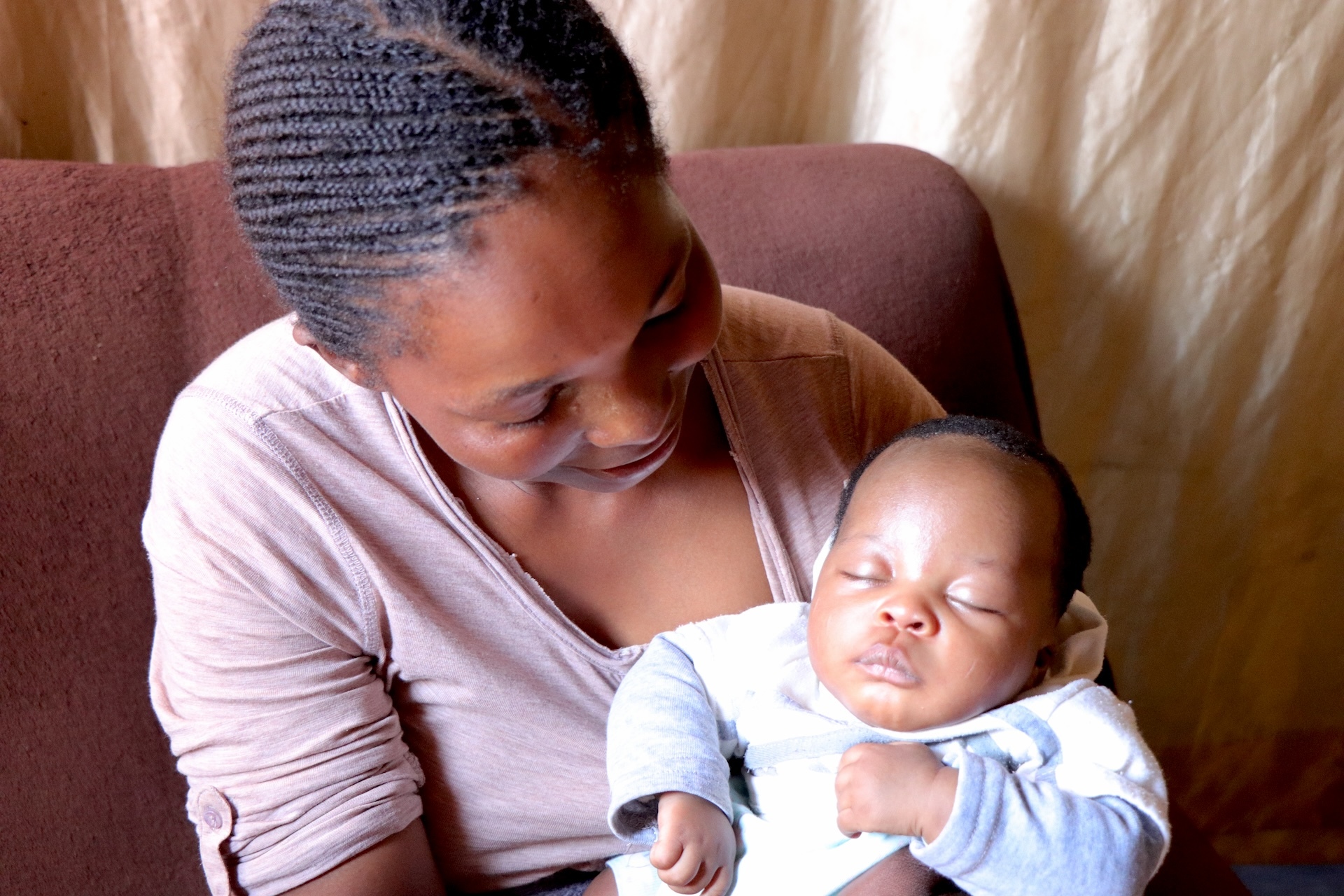
Nancy Okoth’s 8-month-old infant has just been tested for HIV. Okoth has been living with HIV since 2008. As she waits anxiously at the nurse’s office, she receives the news that her infant has tested HIV negative. There is a celebration at the small health care facility in Kandiege, Western Kenya; another HIV-exposed infant has been declared HIV-free. An infant is considered HIV-exposed if the mother is HIV-positive. A child can become infected with HIV during pregnancy, at birth or while breastfeeding. However, efforts such as timely initiation of antiretroviral therapy for the mother, the mother’s adherence to antiretroviral drugs, giving birth safely in hospitals, ensuring appropriate infant feeding, having the child tested within two months of birth and continuing with other post-natal services can greatly reduce the risk of the child contracting HIV.
Kenya seeks to reduce mother-to-child transmission of HIV from pregnant women to their infants to less than 5 percent of total new infections in HIV exposed infants in order to meet global targets. The World Health Organization’s 2016 treatment guidelines to start all pregnant and breastfeeding women on antiretroviral therapy (ART)—regardless of CD4 T-cell count or clinical staging, aptly named “Test and Treat” guidelines—eliminated many long-standing barriers to HIV treatment among this group.
Prevention of mother-to-child transmission protects HIV-exposed children from infection and decreases HIV related deaths in exposed infants.
“Over the last 3 decades, prevention of mother-to-child transmission (PMTCT) of HIV programs have been at the forefront of HIV care and treatment services. These interventions ensure mothers have the opportunity to give birth to HIV-free babies,” said Dr. Eliud Mwangi, the Elizabeth Glaser Pediatric AIDS Foundation ( EGPAF) Kenya Country Director. He added that the standard package of PMTCT care in Kenya consists of at least four antenatal care visits during pregnancy, and monthly post-delivery clinic appointments for both mothers and infants for 24 months.
PMTCT as per the 2018 Kenya Aids Response Progress Report has been scaled up rapidly in the past few years. The report revealed that currently, nearly one million Kenyans are on anti-retroviral therapy (ART), including 53,067 mothers on ART to prevent transmission of HIV to their babies annually, representing 76 PMTCT percent coverage. However, the report also paints a more dire picture as mother-to-child HIV transmission has increased from 8.3 percent in 2015 to 11.5 percent in 2018. Further, HIV-related deaths among children remain high at 14 percent.
“The rate of HIV transmission from mothers to their babies is still unacceptably high. The report reveals that some of the reasons for this high transmission could be that some HIV infected women are failing to attend antenatal services, or start these visits too late despite the availability of PMTCT services”, said Dr. Eliud Mwangi.
Reports show that each year an estimated 13,000 new HIV infections occur among Kenyan children, largely because their mothers missed an intervention or proper treatment during pregnancy, delivery or during breastfeeding.
We must continue to advocate for pregnant women to attend timely ante-natal care…and continue sensitizing the public on the benefits of such efforts. Dr. Lucy Matu
“We must continue to advocate for pregnant women to attend timely ante-natal care, get tested for HIV and re-tested as per national guidelines, be initiated on appropriate ART and continue sensitizing the public on the benefits of such efforts. PMTCT protects HIV-exposed children from infection and decreases HIV related deaths in exposed infants”, said Dr. Lucy Matu, EGPAF Director of Technical Services.
To achieve the global goal of ending HIV and AIDS by 2030 and elimination of mother to child transmission of HIV, there is a need to ensure all pregnant women have access to adequate health services.




